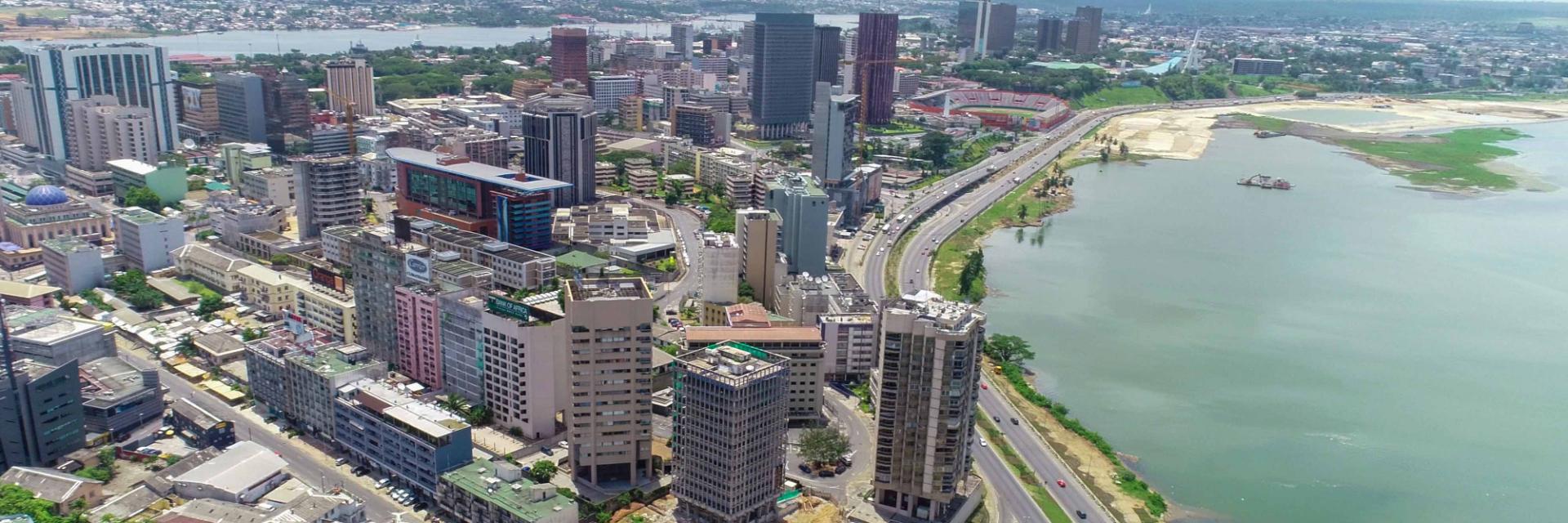AfDB ANNUAL MEETINGS
SIDE EVENT ON AGENDA 2063
Theme:
The Second Ten-Year Implementation Plan of Agenda 2063: An Opportunity to Enhance and Finance Africa’s Capital
Statement
By
Mr. Claver Gatete
United Nations Under-Secretary-General and
Executive Secretary of ECA
Abidjan, Côte d’Ivoire
26 May 2025
Your Excellency, Ms. Nialé Kaba, Minister of Economy, Planning and Development,
Ms. Selma Malika Haddadi, Deputy Chairperson of the African Union Commission,
Ms. Nardos Bekele-Thomas, Chief Executive Officer of AUDA-NEPAD,
Distinguished Guests,
Ladies and Gentlemen:
It is a great honour to join you today at this critical moment, as we take stock of our collective journey and chart a bold path forward through the Second Ten-Year Implementation Plan of Agenda 2063, our blueprint for an integrated, prosperous and peaceful Africa.
I wish to begin by commending the leadership of His Excellency President Alassane Ouattara, the Government of the Republic of Côte d’Ivoire, the African Union Commission, and the African Development Bank for convening this vital dialogue.
Excellencies, we meet today against a backdrop of formidable realities.
Climate-induced disasters continue to erode up to five percent of Africa’s GDP annually.
Meanwhile, external debt has swelled beyond US$1.15 trillion, shrinking the fiscal space necessary for vital investments in health, education, infrastructure and inclusive growth.
Faced with these headwinds, we simply must ask: how can a continent so rich in natural, human and cultural capital remain so constrained in its progress?
This is where the Second Ten-Year Implementation Plan (STYIP) becomes not just relevant but urgent.
It provides a strategic framework grounded in the “moonshots” of AU Agenda 2063, including the aspiration for all African countries to achieve middle-income status by 2033, the drive for continental integration through the African Continental Free Trade Area (AfCFTA), and the imperative to build a capable, productive and empowered citizenry.
Yes, these ambitions are not out of reach.
But they require something greater than intention.
They demand bold leadership, relentless discipline and, most of all, smart and sustained investment in Africa’s most strategic asset – its people.
Africa is the youngest continent on Earth.
By 2030, over 40 percent of the global youth population will be African.
This is an extraordinary opportunity presented to us.
However, what good is demographic strength if it is not matched by the skills, tools and platforms necessary to harness it?
If we are to seize this moment, we must rethink human capital development, not as a social policy, but as an economic strategy.
Education systems must evolve to nurture digital literacy, entrepreneurial resilience and environmental consciousness.
As we step into the future, it is imperative that we train our own engineers, scientists and specialists capable of processing our mineral wealth and advancing green industrialization.
Furthermore, our research and development ecosystems must support frontier technologies, including AI and biotechnology, that are transforming the global economy.
Equally important, the STYIP will only succeed if anchored in robust and innovative financing.
And this is why the proposal by the African Union and AUDA-NEPAD to establish an African Development Fund is both welcome and urgent.
But even that, on its own, will not be enough.
We must think bigger, reform deeper and act faster.
In this regard, kindly allow me, Excellencies, to outline five priority financing measures for your consideration.
First, it is crucial that we develop deep, fluid and interconnected regional capital markets.
Such markets will be essential for mobilizing long-term financing for youth-led enterprises, green infrastructure and digital innovation.
A continental financial ecosystem will be crucial for sustainable development.
Second, domestic resource mobilization must become the foundation of Africa’s financing model.
With an average tax-to-GDP ratio of just 15.6 percent, we are overly reliant on extractive rents and external flows.
It is absolutely imperative that we transition to productive, tax-based economies by broadening the base, improving tax administration and fostering inclusive growth.
Third, we must confront the silent hemorrhage of our economies – illicit financial flows.
Africa loses over US$88 billion annually to over-invoicing, profit-shifting and corruption.
How can we truly develop when corruption bleeds us this way?
Therefore, treating corruption as a national security threat, and enforcing transparency, lifestyle audits, and accountability, must become the norm, not the exception.
Fourth, we must push collectively for a reformed global financial architecture.
The current system was designed when most African states were still under colonial rule.
It is outdated, unjust and unfit for purpose.
Africa deserves a seat at the table, not as a guest, but as a co-architect of a financial system that recognizes its realities and supports its aspirations.
Fifth, we must boldly embrace innovative financing.
For example, diaspora remittances today surpass official development assistance, yet they remain underutilized.
Indeed, structured platforms like diaspora bonds can unlock billions in productive investments.
At the same time, climate finance instruments, from green bonds to debt-for-nature swaps, must become central to our financing mix.
And in this African Union Year of Reparations, we must strengthen the case for reparative justice, including financial compensation, to support our development and green transformation.
Excellencies,
The success of the STYIP will also hinge on the strength of our public institutions.
Without a capable, ethical and digitally enabled public service, our reforms will falter.
It is therefore essential that we build administrations that can partner with youth, entrepreneurs and civil society to deliver results.
The Economic Commission for Africa remains committed to support this transformative agenda.
Through policy analysis, macroeconomic modelling and technical assistance, we will work hand-in-hand with governments and regional bodies to make the STYIP a reality.
Together, with the right investments, bold reforms and visionary leadership, Africa can rise.
I thank you.

